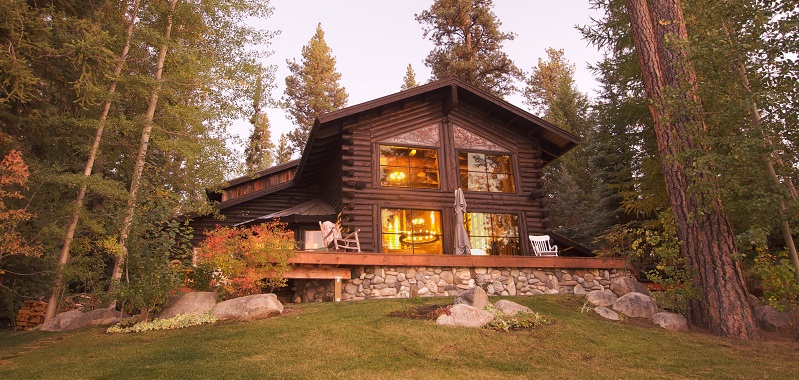For years tax controversies have stemmed from taxpayers selling their highly appreciated vacation/second homes. The problem has been that these "personal use" vacation-properties have fallen outside of the favorable tax treatments that many other real properties qualify for.
Vacation Homes
First, vacation homes normally do not qualify for the Section 121 Principal Residence Exclusion (provides an exclusion of up to $500,000 of gain for married persons filing a joint return / $250,000 of gain for single persons) because the property has not been used as the taxpayer's primary residence for two of the past five years. Second, despite the fact that many taxpayers feel that their second home or vacation condo is one of the best "investments" they ever made, and should qualify for tax deferral under Section 1031 (provides for non-recognition or deferral of capital gains tax for exchanges of properties held for "Investment" or for use in a "Trade or Business"); the IRS does not agree that these "personal use" type properties qualify for 1031 exchange treatment.
The IRS takes the position that vacation homes are held primarily for personal use rather than for investment. In May of 2007, the IRS successfully convinced the Tax Court that a taxpayer's exchange of a lake-side vacation home for another did not qualify as a 1031 exchange despite the taxpayer's expectation that the property would appreciate in value and could eventually be sold at a gain; Moore v. Commissioner, T.C. Memo. 2007-134.
SAFE-HARBOR
As a matter of administrative ease or convenience, the IRS has laid down a new safe-harbor for vacation home owners. Revenue Procedure 2008-16 gives owners who primarily rent out their vacation homes, but still occasionally use them for some personal use, a safe harbor to qualify for 1031 tax deferred treatment. Revenue Procedure 2008-16 requires that both the "relinquished property" that is sold and the "replacement property" that is purchased, must be used by the taxpayer consistent with a Qualifying Use Standard:
TWO YEAR "OWNERSHIP" TEST: The taxpayer must have owned the vacation home for least 24 months immediately before the exchange;
"USE" TEST FOR EACH OF THE PRIOR TWO YEARS: The taxpayer must have within each of the prior two 12-month periods immediately preceding the exchange:
(i) rented out the vacation home to another person or persons at a fair rental for 14 days or more, and (ii) not used the vacation home for personal use for more than 14 days; or more than 10 percent of the number of days during the 12-month period that the vacation home was actually rented at a fair rental.
A similar Qualifying Use Standard must be applied to any vacation home replacement properties. The taxpayers may take only limited personal use of their rented replacement properties for the 24 month period after completing their 1031 exchange into a vacation home.
Section 1031 has a very broad "like-kind" standard for real property. Generally, any real property within the United States that is held for "Investment" or for use in a "Trade or Business" can be exchanged for other US real property that will also be held for "Investment" or for use in a "Trade or Business".
Raw land may be exchanged for improved real property. Commercial property may be exchanged for residential rental property. Undoubtedly, many taxpayers who have grown weary of property management will consider purchasing vacation homes to be placed into a rental pool with the fringe benefit of occasional personal.
A smart taxpayer desiring more recreation might consider exchanging into multiple vacation home replacement properties. Each property would have a separate 14 day/ 10% personal use allowance. This is more advantageous than buying only one vacation home replacement property that would allow for less personal usage.
Real Estate Exchanges Under Section 1031
Under section 1031 of the Internal Revenue Code, taxpayers are able to defer their taxes when selling real property as long as they re-invest their net proceeds into replacement property. There are many rules and regulations you need to follow in a given exchange so it’s important to work with a qualified intermediary. Reach out to our 1031 exchange professionals today to talk about the details of your like-kind exchange. We work with taxpayers throughout the state of Minnesota and across the United States.
Defer the tax. Maximize your gain.
© 2020 Copyright Jeffrey R. Peterson All Rights Reserved




